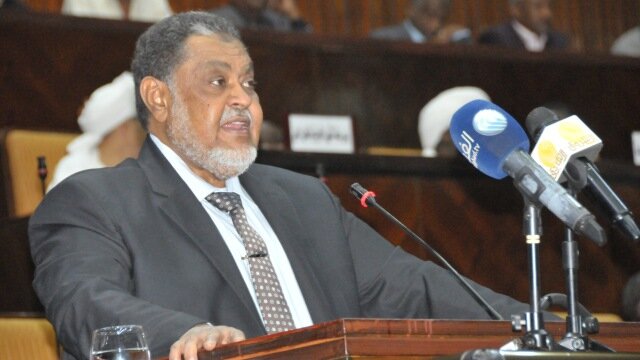The rebel Justice and Equality Movement (JEM) has asked the national figures and bodies who facilitated the release of the government Prisoners of War
(POWs) to exert similar efforts to secure the release of the movement’s prisoners.
Two weeks ago JEM released twenty two POWs from the government army and regular forces following appeals from religious leaders, civil society organizations and prestigious national figures.
On 3 November, the movement also released four commanders from the former rebel Justice and Equality Movement - Dabajo (JEM-Dabajo).
JEM spokesperson Gibril Adam Bilal asked those who played major role in the release of the government POWs to seek to release the movement’s prisoners who spent about 10 years in the government jails.
He said the return of the government POWs was delayed for three months due to “administrative complications” that prevented the International Committee of the Red Cross from carrying out the mission, saying the movement resorted to other options to transfer them to Khartoum.
Bilal said the release of the government POWs came in response to appeals from Sufi leaders, Sai’hoon group, native administration, civil society organizations, national figures and the families of the prisoners.
JEM spokesperson pointed the movement was pleased to see the POWs warmly welcomed in Khartoum, saying they dealt with the issue as “purely humanitarian issue” after they were convinced that the regime no longer cares for their fate.
He stressed the POWs were released without any bargaining and the movement has not asked for political or financial return.
It is noteworthy that President Omer Al Bashir last September announced the release of twenty one children allegedly detained during the Goz Dango battle with the JEM in April 2014.
However, the step taken by JEM must find all the deserved appreciation from every Sudanese who endeavours to ease the distress overwhelming the country.
The POWs issue is an essential humanitarian affair which should be given top priority and to top any other agendas in the war issue.
The POWs were at the frontlines of the battlefield defending the nation and the lives of their people.
If stopping the war is necessary for the sake of security, stability and freedom, releasing the POWs serves the same vision.
If there is a chance to release any POW we should not wait to discuss the issue; but we should immediately start to achieve this noble goal regardless of which party is leading the initiative.
It is better to separate the issue of the POWs from any other talks to expedite their release here and there.
-
Reviewing Corporal Punishment in Schools
-
Illiterate MPs!!Next >

